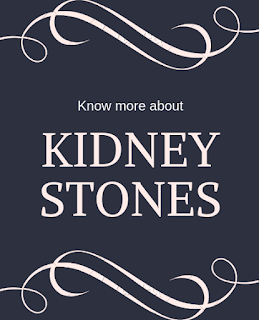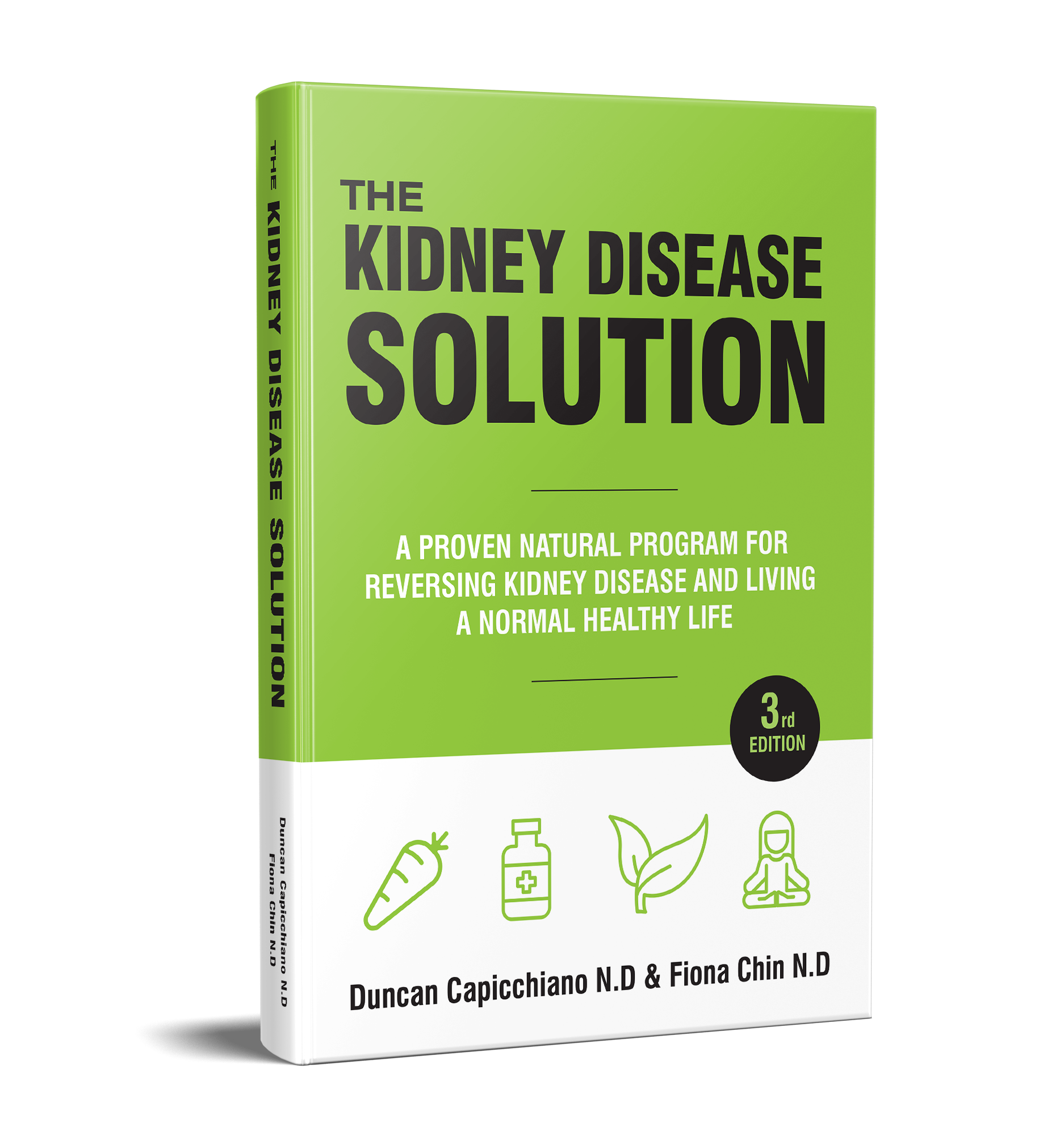 It all started on a typical Maui fall day, with beautiful trade winds and sunny skies over the Kapalua Golf Course. Me(Tom) and my wife Teresa were about to start the ninth hole when i had to go to the bathroom.
It all started on a typical Maui fall day, with beautiful trade winds and sunny skies over the Kapalua Golf Course. Me(Tom) and my wife Teresa were about to start the ninth hole when i had to go to the bathroom.
I was standing over the urinal and noticed blood in my urine. Confused as to what i should do, i decided to just finish playing golf without mentioning anything to my wife. Needless to say, I didn't have a good score from that point on, anyways.
Back at the hotel i was still urinating blood, but decided it could wait until i returned home to California the following day. There were no other symptoms, no pain, no other indications. Upon returning to California, i went to see a urologist who asked me to have a kidney ureter bladder (KUB) x-ray done, which documented that i had a kidney stone.
My stone were so big it couldn't pass from the kidney to the ureter (the tube from the kidney to the bladder). The stone was approximately 8 mm, while the average inner diameter of the ureter is 4 mm. My doctor scheduled a lithotripsy, a treatment where shock waves are used to break up the large stone into smaller pieces that can then pass through the urinary system. It's about an hour of pounding, so when i woke up, i was sore, It feels like someone has been punching me in the kidney a couple times.
 Upon waking up, i was told the procedure was successful. I was given a prescription for Vicodin, which i decided was unnecessary, since i have been through surgical procedures before without pain medication. I was told that this situation was different, but i left the hospital at 4 p.m. anyway without filling the prescription.
Upon waking up, i was told the procedure was successful. I was given a prescription for Vicodin, which i decided was unnecessary, since i have been through surgical procedures before without pain medication. I was told that this situation was different, but i left the hospital at 4 p.m. anyway without filling the prescription.
Yes i did later regretted my decision. At 10:30 p.m., I was in the emergency room on my knees begging to be given anything at all, the only way to describe the pain is to have a little man with a razor blade, hacking at the ureter. I was given drugs and told to stay in the hospital, where i stayed for a day and a half. After being sent home this time, i started taking the Vicodin every four hours.
By the time Sunday evening came around, 24 hours later, I had not slept, I walked the whole time, back and forth through my house. I couldn't sit down, and I was taking the Vicodin every hour. I was completely overdoing it. I was also taking medication to help take the tension off the ureter, but used in combination with the Vicodin, i soon had a drug conflict, which i describes as an "LSD trip."
I was hallucinating, people were talking that weren't there. The next morning i had to call my doctor, unable to stand the pain and unable to continue the medication. He had another KUB x-ray done to me and while looking at the results, i began to feel relief from the pain.
My doctor determined i had passed the stones, although they hadn't actually come out yet. He determined the stones had moved to the bladder, and when i returned home, they did came out. I figured it was over, but as months went by, i started having an urge to urinate that wasn't there before.
Whenever there was urine present, I immediately had to pee, then over time it got worse and worse. Then my bowels got messed up, tightening from the tension, always having to go to the bathroom. After a number of x-rays were done, i figured it was a kidney stone. He was put on several medications to control his bladder and bowel. The doctors thought it was trauma, but it kept getting worse. Then one day i was having lunch with a friend, who was also a urologist. He said, 'Boy you don't look good,' and I told him I'm having problems with the trauma that occurred from the kidney stone last year.
After hearing my symptoms, he told me he thought i might have a kidney stone lodged right on the nerve, right at the base where the ureter comes to the bladder, a place that wouldn't be visible in an x-ray. The next day i had my urologist order a CAT scan. When the nurse came back in she said, 'You must be in a lot of pain.' She explained they found a 4 mm kidney stone right where my friend thought it would be—lodged on the nerve at the base where the ureter comes to the bladder.
I next underwent a procedure to go through the penis, in through the bladder, then up to the ureter. The stone would be lasered into pieces and removed. However, upon undergoing the procedure, my doctor discovered my ureter was not in a good condition. It had been beat up by the stone, It had been festered.
He left a stent in my ureter to make sure it would heal properly, but for me, the pain of having the stent was just as bad as having the stone, and i wondered if the problem had really been solved. For two weeks, I had to look forward to going back to the doctor's office and have something go up through the penis and through the bladder to pull the stent out.
After two weeks of anticipation, the day finally arrived. The doctor used a device that resembled a plunger for anesthetic. The device was put through the canal, through the urethra, then through the bladder. The nurse held my feet to keep me calm while the doctor inserted a small, firm tube into my penis to the urethra to give an opening for the device used to pull the stent out. The experience as uncomfortable, but not painful. After about two minutes, my doctor was able to pull the stent out. I anticipated more pain and discomfort than there really was, coming out was nothing. It didn't hurt at all.
 After being sent home, i was told to take it easy for a couple days. Within a 24-hour period, all the problems i had been experiencing for the last year completely went away. When the stone was analyzed to help determine the cause, my doctor found it was a soft stone, made up mostly of calcium, and i found out later that my body naturally produces a high amount of calcium. This put me at risk for developing kidney stones.
After being sent home, i was told to take it easy for a couple days. Within a 24-hour period, all the problems i had been experiencing for the last year completely went away. When the stone was analyzed to help determine the cause, my doctor found it was a soft stone, made up mostly of calcium, and i found out later that my body naturally produces a high amount of calcium. This put me at risk for developing kidney stones.
Another factor with my stones was that i wasn't drinking enough water. Today i make a point to drink lemon water every morning because the lemon will have an effect on any stones that have begun to develop during the night. It's never how much water you drink, but it's how and when you urinate, at night when you go to bed, you have an eight-hour period, so there's an opportunity for the calcification to occur at night.
Although my problems went on for over a year, i have been fine since my last procedure. It was just like a miracle, when they lifted that thing out of there, it was life-changing.













